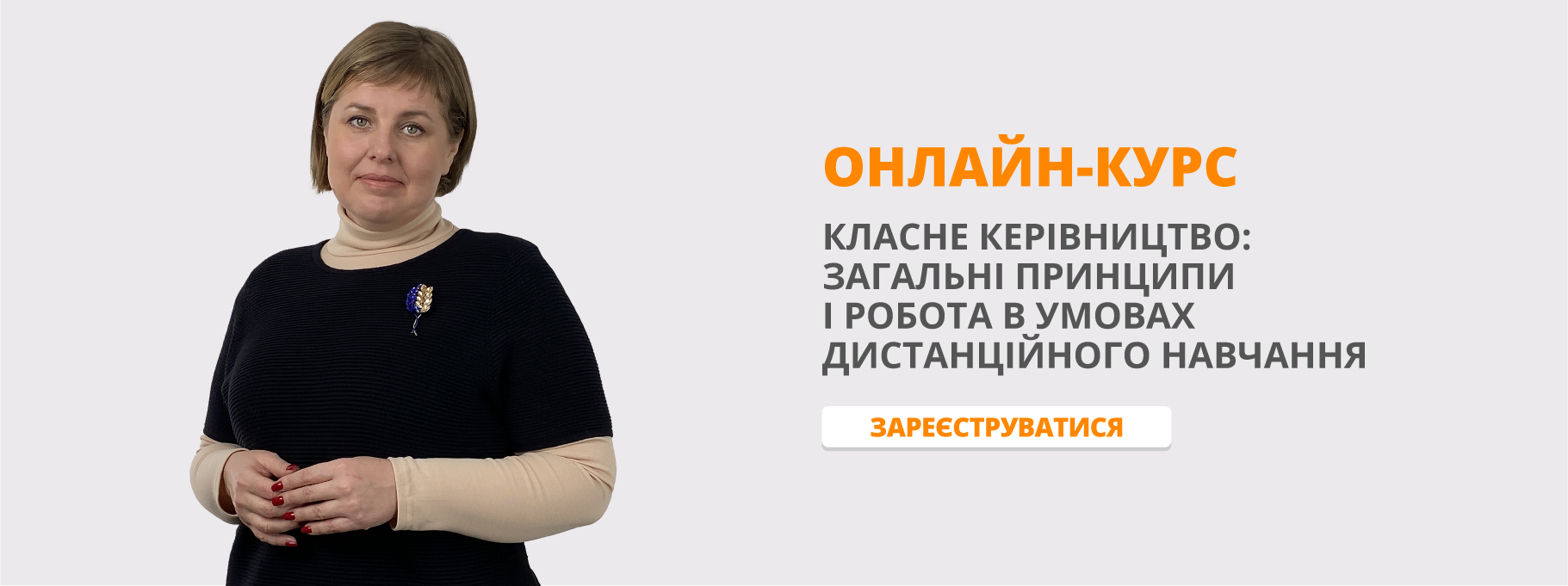A GENTLE GENIUS /р. 175-177/ ( А. Ейнштейн) Карпюк

О. Карпюк, 9 клас, с. 175
Read the text and tick (√) the appropriate headline.
If someone calls you an ‘Einstein’, consider it a compliment. It means that you are compared to one of the greatest minds of the twentieth century. Actually, many people believe that he was one of the most intelligent people ever born. He had the IQ (intelligence quotient) of a genius.
Read the text and tick (√) the appropriate headline.
Albert Einstein was not only a genius but also a gentle man. He loved music, children and sailing. He wore his shoes without socks and he rarely had a haircut. He is called a genius because many of his scientifi c discoveries were far ahead of their time. He is remembered as a gentle person because he believed that all nations should live without war. He often spoke for peace.
Read the text and tick (√) the appropriate headline.
Albert was born in Ulm, Germany. He was an unusual child. He seemed to be very slow and dreamy and his parents were worried about him. He started to talk later than most children did. As a schoolboy, he thought a long time before answering questions. But he was far from being stupid. He learned mathematics and loved to use it in thinking about science.
Read the text and tick (√) the appropriate headline.
He studied physics in Switzerland where he got his first job. In his spare time, he wrote out some of his original ideas on physics. In 1905 he published an article on his special theory of relativity. It caused a sensation among scientists. In the article he said that the basic qualities of objects (mass, length and time) changed when they moved at high speeds, closer to the speed of light.
Read the text and tick (√) the appropriate headline.
In 1914 Einstein moved to Germany. He got a teaching job at the Royal Prussian Academy of Sciences. Four months later, Germany went to war. World War I started. Einstein made himself very unpopular because he was against the war. In 1921 he got the Nobel Prize in physics. He became very famous, almost like a movie star. His picture was in many newspapers but he was a shy man and didn’t like the publicity much. However, when Hitler came to power in Germany, Einstein decided to speak for peace. He said it was wrong for one person to kill another and that all men should refuse to be soldiers. Hitler didn’t like any of his beliefs. There was another problem. Einstein was Jewish and Hitler hated Jews. Einstein’s life was in danger and that was why he and his wife moved to the United States.
Read the text and tick (√) the appropriate headline.
During World War II Einstein was worried that German scientists, controlled by Hitler, would create the atomic bomb which would help Germany win the war. Even though Einstein never took any part in the creation of the bomb, it was partly his ideas that helped scientists make it. He knew very well how dangerous such a bomb would be. Close to the end of World War II American scientists developed the bomb fi rst. When Einstein found out about it he wrote to the American President asking him not to use the bomb because it was very, very dangerous. It made him very sad when the bomb was actually dropped on Hiroshima, Japan, in 1945. He wrote once: “Science is a powerful instrument. How it is used depends on man himself, not on the instrument. A knife is useful for the lives of human beings, but it can also be used to kill.”
Read the text and tick (√) the appropriate headline.
After World War II Einstein continued to work both for science and for peace. In 1955, he died in his sleep at the age of seventy-six.
Tick (√) the English equivalent
прийшов до влади
Tick (√) the English equivalent
вас порівнюють
Tick (√) the English equivalent
життя було в небезпеці
Tick (√) the English equivalent
рідко стригся
Tick (√) the English equivalent
майже як кінозірка
Tick (√) the English equivalent
залежить від самої людини
Tick (√) the English equivalent
випереджали свій час
Tick (√) the English equivalent
був далеко не дурний
Tick (√) the English equivalent
теорія відносності
Tick (√) the English equivalent
здавався загальмованим
Tick (√) the English equivalent
вважайте це компліментом
Tick (√) the English equivalent
наукові відкриття
Tick (√) the appropriate question to which the following statement is the answer:
In Ulm, Germany.
Tick (√) the appropriate question to which the following statement is the answer:
Because he was a slow, dreamy boy.
Tick (√) the appropriate question to which the following statement is the answer:
Because he was against the war.
Tick (√) the appropriate question to which the following statement is the answer:
Physics in Switzerland.
Tick (√) the appropriate question to which the following statement is the answer:
His article on the theory of relativity.
Tick (√) the appropriate question to which the following statement is the answer:
He was 76.
Tick (√) all the TRUE statements
Tick (√) all the FALSE statements

Створюйте онлайн-тести
для контролю знань і залучення учнів
до активної роботи у класі та вдома


















